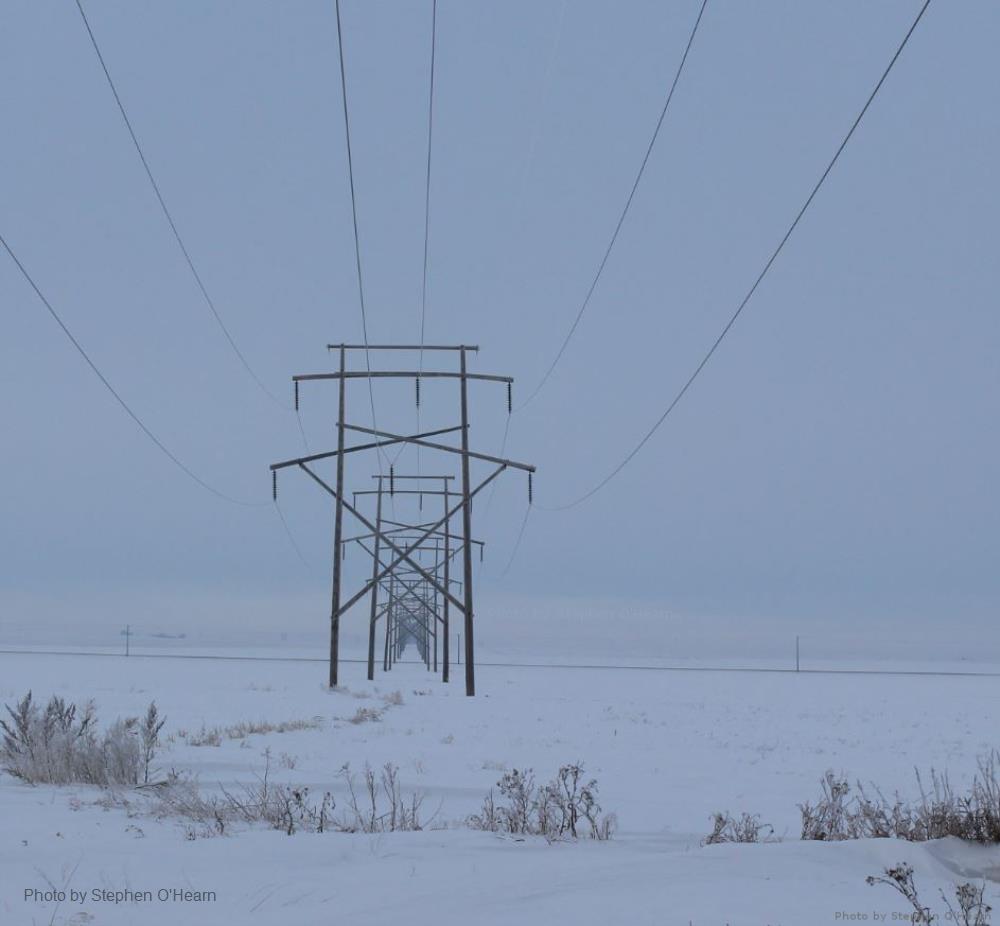
Related items loading ...
Section 1: Publication
Publication Type
Summary Report
Authorship
Sandford Robert, Smakhtin Vladimir, Mayfield Colin, Mehmood Hamid, Pomeroy John, DeBeer Chris, Adapa Phani, Freek Kerry, Pilkington Evan, Seraj Raad, Boals Russel, O’Grady Christine, MacAlister Charlotte, Phare Merrell-Ann, Miltenberger Michael, Goodday Victoria, Levesque Anne, Curry Allen, Kun Karen, Gouett Matthew, Fisher Mark
Title
Canada in the Global Water World: Analysis of Capabilities
Year
2018
Publication Outlet
United Nations University
DOI
ISBN
978-92-808-6091-7
ISSN
Citation
Sandford, R. et al., 2018. Canada in the Global Water World: Analysis of Capabilities. UNU-INWEH Report Series,
Issue 03. United Nations University Institute for Water, Environment and Health, Hamilton, Canada.
Abstract
EXECUTIVE SUMMARY
This report critically examines, for the first time, the capacity of Canada’s water sector with respect to meeting and helping other countries meet the water-related targets of the UN’s global sustainable development agenda. Several components of this capacity are examined, including water education and research, investment in water projects that Canada makes internally and externally, and experiences in water technology and governance.
Analysis of the water education system suggests that there is a broad capability in institutions of higher learning in Canada to offer training in the diverse subject areas important in water. In most cases, however, this has not led to the establishment of specific water study programmes. Only a few universities provide integrated water education. There is a need for a comprehensive listing of water-related educational activities in universities and colleges — a useful resource for potential students and employers.
A review of recent Canadian water research directions and highlights reveals strong and diverse water research capacity and placed the country among global leaders in this field. Canada appears to be within the top 10 countries in terms of water research productivity (publications) and research impact (citations). Research capacity has been traditionally strong in the restoration and protection of the lakes, prediction of changes in climate, water and cryosphere (areas where water is in solid forms such as ice and snow), prediction and management of floods and droughts. There is also a range of other strong water research directions.
Canada is not among the top 10 global water aid donors in absolute dollar numbers; the forerunners are, as a rule, the countries with higher GDP per capita. Canadian investments in Africa water development were consistently higher over the years than investments in other regions of the global South. The contributions dropped significantly in recent years overall, also with a decline in aid flow to Africa. Given government support for the right business model and access to resources, there is significant capacity within the Canadian water sector to deliver water technology projects with effective sustainable outcomes for the developing world.
The report recommends several potential avenues to elevate Canada’s role on the global water stage, i.e. innovative,
diverse and specific approaches such as
• developing a national inventory of available water professional capacity, and ranking Universities on the strength of their water programmes
• coordinating national contributions to global sustainability processes around the largest ever university-led water research programme in the world – the 7-year Global Water Futures program
• targeting specific developmental or regional challenges through overseas development aid to achieve quick wins that may require only modest investments
• resolving such chronic internal water challenges as water supply and sanitation of First Nations, and illustrating how this can be achieved within a limited period with good will
• strengthening and expanding links with UN-Water and other UN organisations involved in global water policy work
To improve water management at home, and to promote water Canadian competence abroad, the diverse efforts
of the country’s water sector need better coordination. There is a significant role for government at all levels, but
especially federally, in this process.
Keywords: Sustainable Development Goals, water education, water research, water-related investments, water governance, water
technologies, water security
Plain Language Summary


 GWFNet
GWFNet Master
Master Data
Data Research
Research Map
Map
 Advanced
Advanced Tools
Tools
 . . .
. . .
 Metadata Editor
Metadata Editor
 Record List
Record List
 Alias List Editor
Alias List Editor
 Legacy sites
Legacy sites